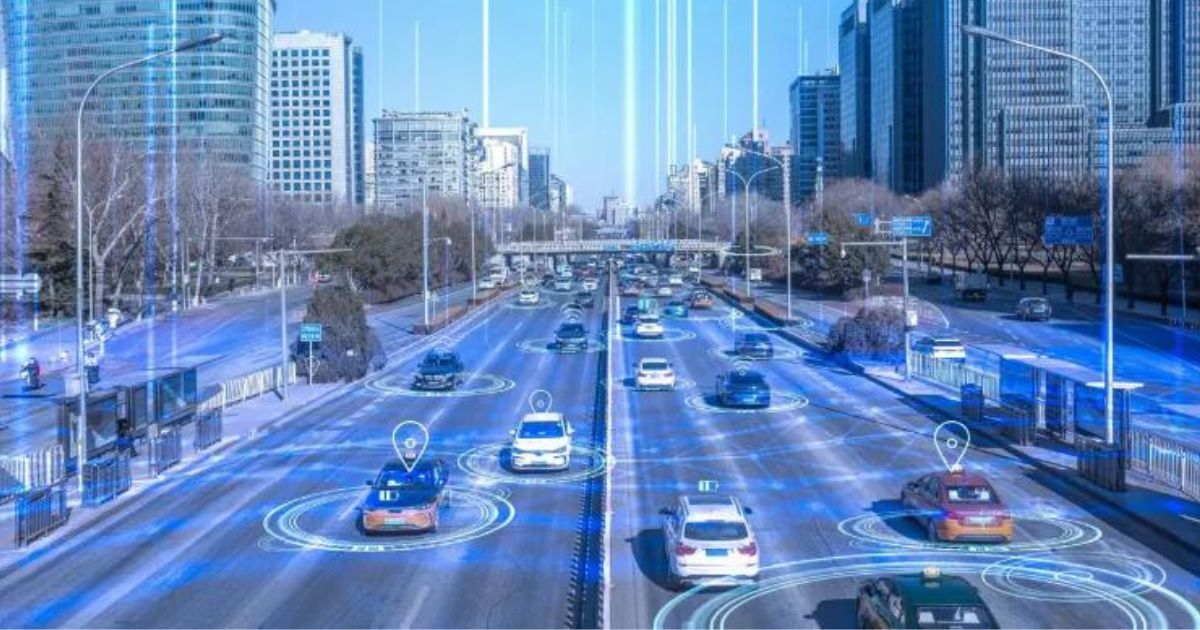


In a significant move to enhance road safety, the U.S. government announced that starting September 2027, all new passenger vehicles will be required to sound an alarm if rear-seat passengers fail to fasten their seat belts. This regulation, finalized by the National Highway Traffic Safety Administration (NHTSA) on December 16, 2024, aims to save approximately 50 lives and prevent 500 injuries annually. Additionally, front-seat passengers will also receive warnings if their seat belts are unfastened, although front-center seats will not have alarms due to cost-effectiveness considerations. Currently, seat belt usage is 92% for front-seat passengers, compared to only 82% for those in the rear. Alarmingly, about half of the passengers who died in crashes in 2022 were not wearing seat belts. [67fc5fb9]
This decision comes amid a broader context of increasing concerns over road safety, particularly as vehicle technology evolves. The NHTSA has been actively working on various measures to ensure that all vehicle occupants are protected, highlighting the importance of seat belt use in preventing serious injuries during accidents. [67fc5fb9]
The new regulation aligns with other recent automotive safety measures, including the proposed ban on Chinese-developed software and hardware in connected and autonomous vehicles, which was announced by the Biden administration on September 25, 2024. This ban is part of a larger strategy to address national security concerns while also impacting the automotive industry significantly, particularly in relation to supply chains and trade dynamics with China. [099a7c54]
As the automotive sector adapts to these new regulations, experts are emphasizing the need for manufacturers to integrate these safety features into their designs effectively. The push for enhanced safety measures, including the new seat belt alarm requirement, reflects a growing recognition of the need for comprehensive safety protocols in the face of evolving vehicle technologies. [67fc5fb9]
In addition to the seat belt alarm requirement, the automotive industry is facing challenges from tariffs and trade policies that could affect vehicle pricing and availability. The recent 100% tariff on Chinese electric vehicles, imposed by the U.S. government, has raised concerns among manufacturers about compliance and the feasibility of adapting to new regulations. [317dc0cc]
As the U.S. continues to navigate these complex issues in the automotive sector, the focus remains on ensuring that safety is prioritized alongside technological advancements and economic considerations. The integration of safety alarms for rear passengers is just one of many steps being taken to protect all vehicle occupants and promote safer driving practices across the country. [67fc5fb9]